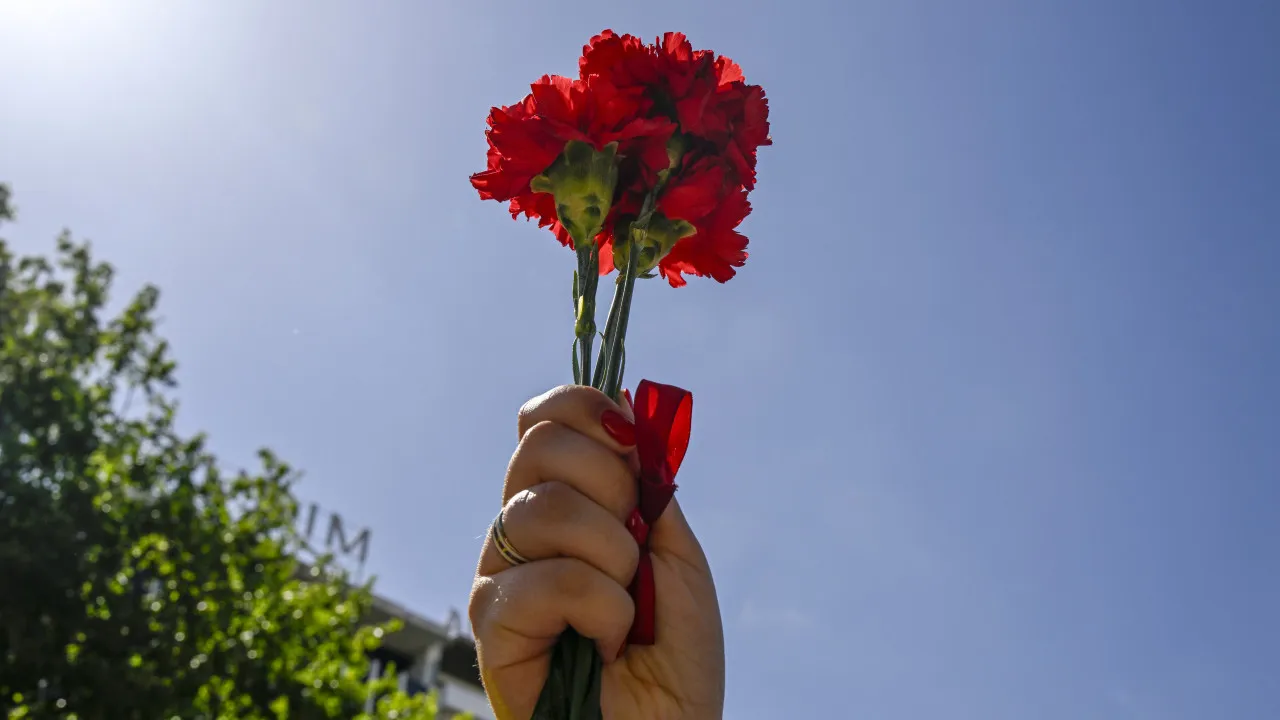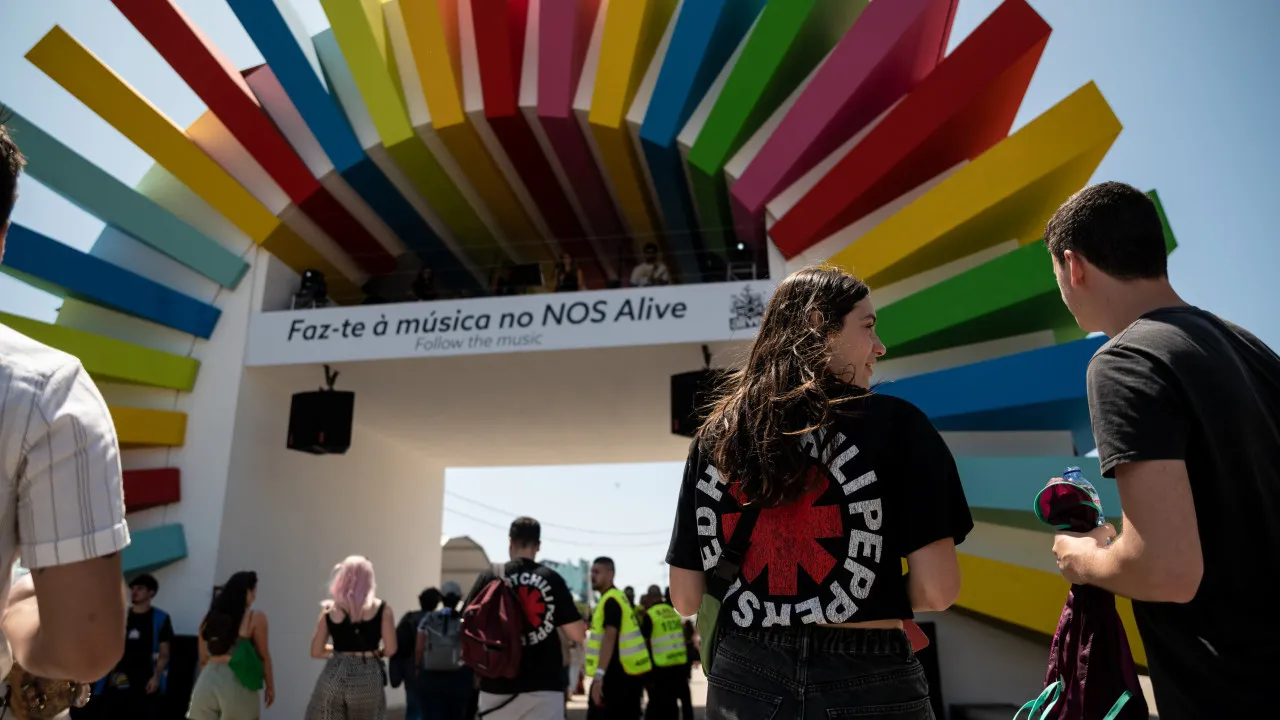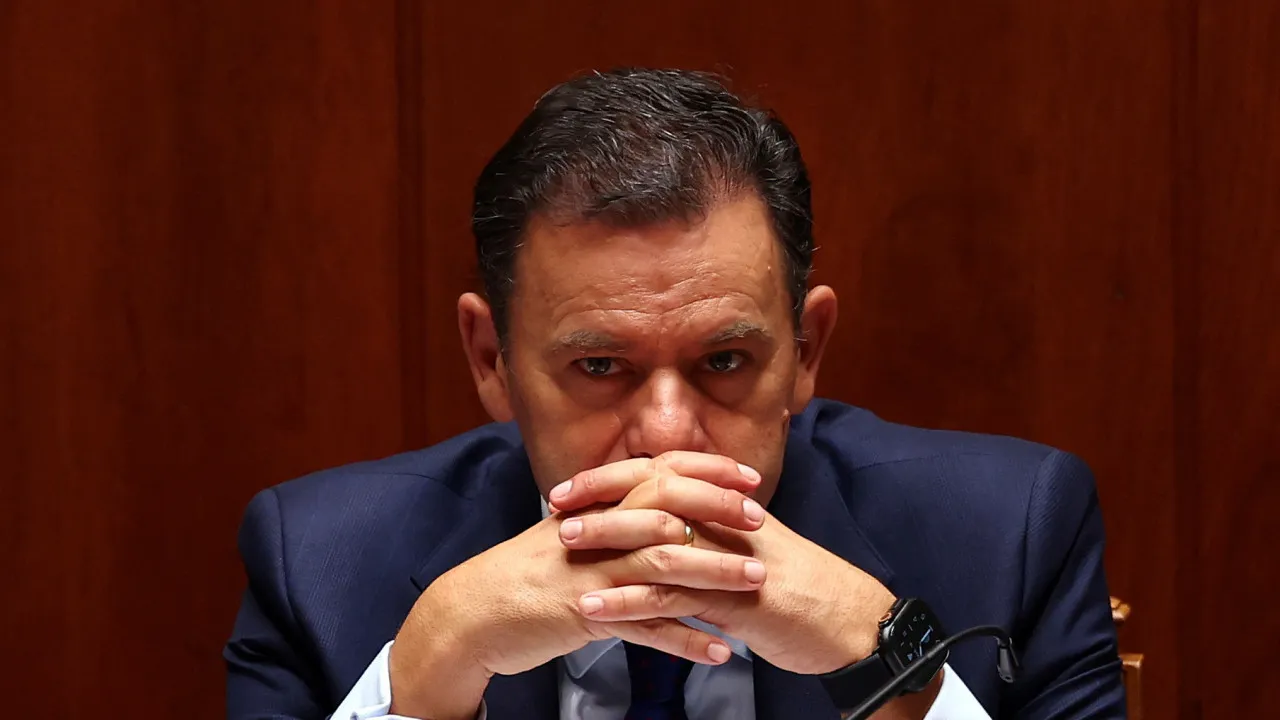The second session of the Operation Marquês trial takes place this Tuesday, July 8, at the Justice Campus in Lisbon.
It is expected that former Prime Minister José Sócrates will testify before the panel of judges, chaired by Susana Seca, whom he has frequently criticized.
José Sócrates has filed a new appeal to try to suspend the trial of Operation Marquês.
Defense lawyer Pedro Delille seeks for the Court of Justice of the European Union to rule on the qualification of corruption crimes for which the former Prime Minister was indicted by the Court of Appeal.
It is estimated that Sócrates’ defense has filed around one hundred appeals, complaints, and legal motions to halt the trial.
During the investigation phase, between 2014 and 2017, the former leader lodged more than 30 appeals in the Lisbon Court of Appeal, winning only one, as noted by Correio da Manhã.
The defense strategy of the former Prime Minister in Operation Marquês has consistently involved successive challenges to judicial decisions, even on appeal.
Until last year, the courts accepted the successive appeals to the Lisbon Court of Appeal, the Supreme Court of Justice, and the Constitutional Court. However, in November 2024, the appeal judge Francisco Henriques refused to consider a complaint by Sócrates, stating that this decision aimed to put an end to the “endless carousel of appeals.”
José Sócrates stands accused of 22 crimes: three of corruption, 13 of money laundering, and six of tax fraud. It is suspected that the former Prime Minister accepted bribes totaling 34 million euros.
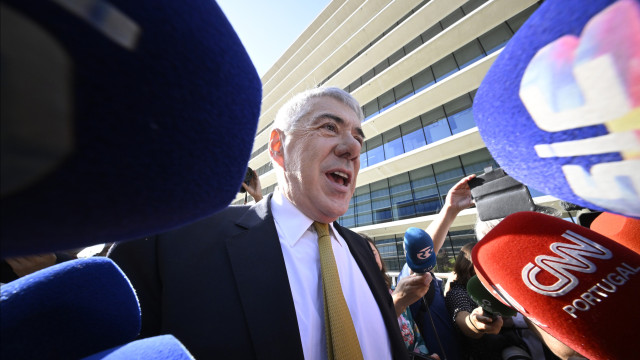
The former Prime Minister was heard at the Justice Campus in Lisbon, and in statements after the first trial session of Operation Marquês, he spoke about calling António Costa as a witness, the “public humiliation” by the judge, and “having seen this movie happen before.”
The first session of the Operation Marquês trial took place last Thursday, July 3, eleven years after José Sócrates was arrested at Lisbon Airport.
The case involves more than 20 defendants, both individual and corporate, and 650 witnesses.
The first trial session was marked by moments of tension that at one point led Judge Susana Seca to reprimand José Sócrates and his defense lawyer, Pedro Delille.
The former Prime Minister harshly criticized, both entering and leaving the court, not only the panel of judges and the Attorney General Amadeu Guerra but also journalists.
On that same day, the panel of judges in the Operation Marquês case rejected the defense motion of former Prime Minister José Sócrates to suspend the trial.
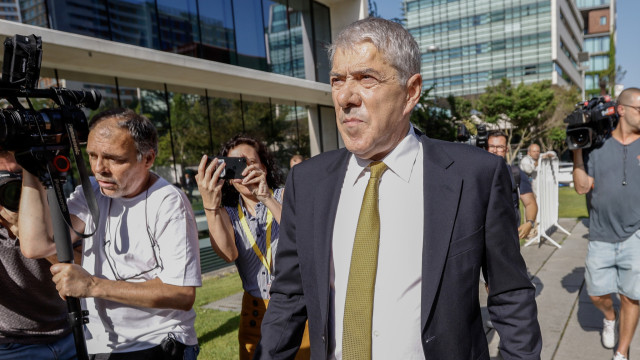
The former Prime Minister’s lawyer argued that the trial should be suspended until a decision is made on two motions filed on Wednesday regarding the rejection of the presiding judge and Attorney General Amadeu Guerra.
The court ruled that the filing of the rejection motion does not halt the trial, according to Judge Susana Seca, who also cautioned José Sócrates’ lawyer against confusing motion grounds with preliminary statements. “The court cannot condone procedural strategies that impede the progress of the trial,” she added.
Faced with the judge’s denial, lawyer Pedro Delille repeatedly stated that “the hearing has not yet begun,” while the Public Prosecutor, through prosecutor Rui Real, insisted that the panel should proceed with the trial session.
“Regarding the matter of being in session, not only has the court declared it open, but it is also in accordance with the structure of the Code of Criminal Procedure that the trial starts with preliminary acts,” Judge Susana Seca said.

